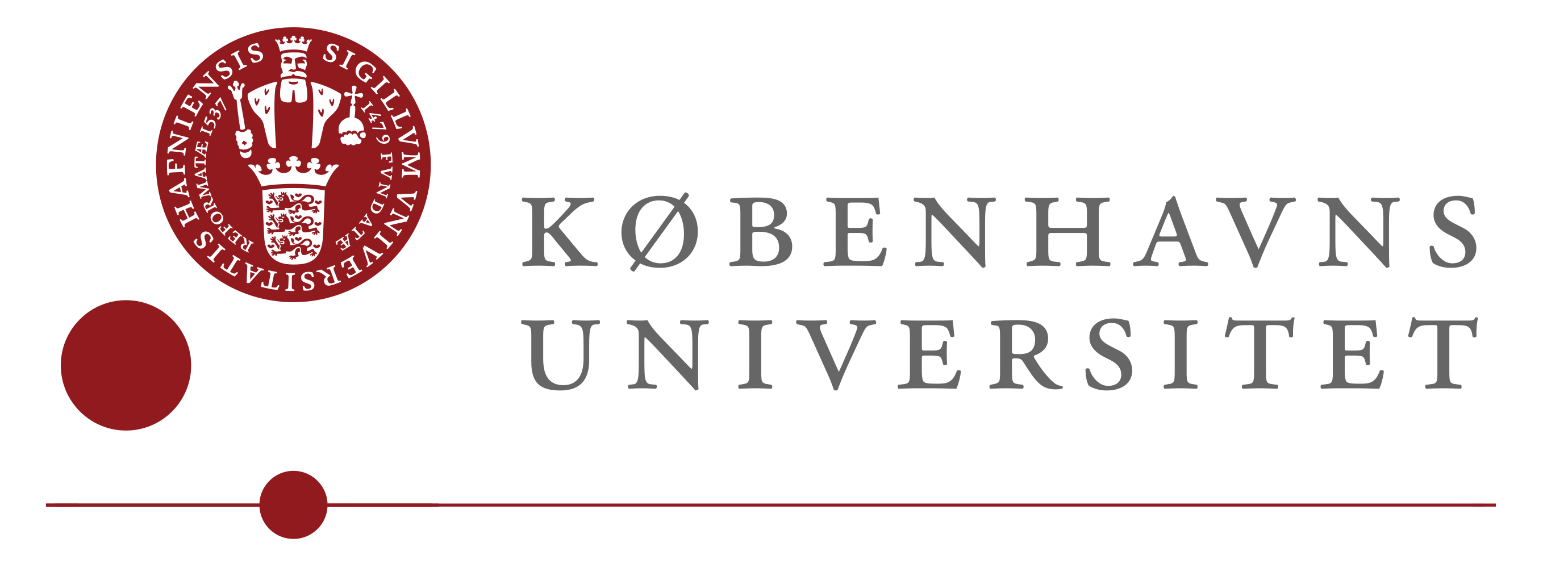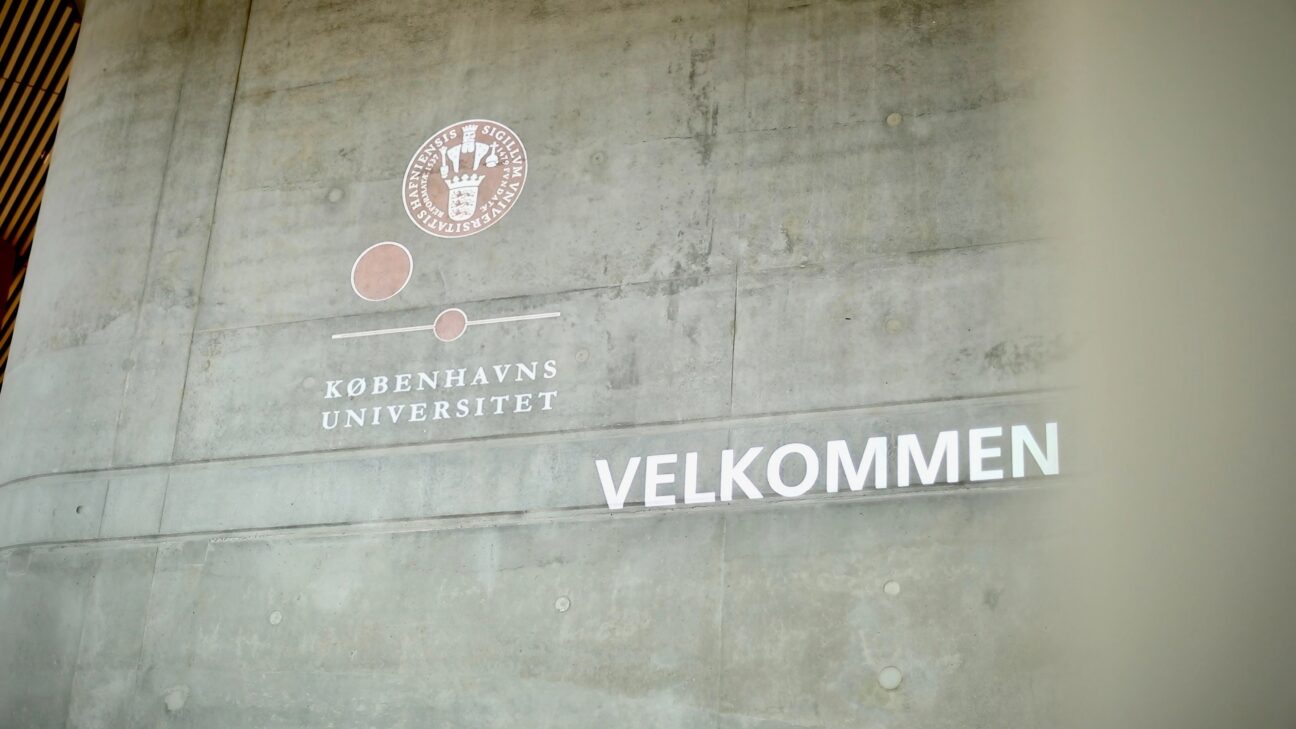Science is increasingly data-driven. Therefore, the University of Copenhagen has established a new cloud platform in Microsoft Azure, where speed, analytical capacity, and scalability optimize research efforts. The first project focuses on DNA and metabolism research, while other areas will soon follow.
The IT department at the University of Copenhagen (KU-IT) has transitioned from a dedicated on-premises solution to a hybrid model with public cloud, resulting in several clear advantages, says Torben Seir Olsen from KU-IT and team leader for the university’s CCoE (Cloud Center of Excellence). “For IT, things work faster and more flexible in the cloud. For instance, you don’t need to purchase new servers for the data center and wait for them to be delivered and installed. With the cloud, resources are available within minutes. But the most significant benefits are for our users, the researchers. The capabilities that a cloud platform provides, such as speed, computational capabilities, and automation are truly valuable for research projects dealing with large datasets and requiring advanced analyses.”
The process began in the fall of 2022, when KU-IT conducted a bidding process, and Devoteam was chosen as the best provider of the initiative. “They had experience from similar projects and were ready for an accelerated process of 13-14 weeks. Additionally, Devoteam could also offer expertise in other relevant areas such as service management,” explains Torben Seir Olsen.
Cloud elevates research to new heights
One of the first steps was to select a specific research area to serve as a pilot project for the cloud platform solution, and it became the Novo Nordisk Foundation’s Center for Basic Metabolic Research, CBMR, which conducts research in genetics and health issues related to metabolism. “CBMR’s work involves complex calculations, and they requested analytical capacities with a speed that only a cloud platform can provide.”
Therefore, a cloud platform is a prerequisite for research to reach new heights, explains Ruth Loos, Professor and Vice Executive Director at CBMR.
Science is increasingly data-driven, and not only is the volume of data increasing, but so is its complexity. We are extremely excited to have a cloud platform here at KU, and this project ensures that we are at the forefront of major discoveries.
First PoC in place
In January 2023, they were ready to formulate a Proof of Concept (PoC). CBMR had prepared potential projects, and the choice fell on the “Single Cell RNA Sequencing pipeline – differential deployment to CPU and GPU modes” because it was the most representative of other research processes, says Torben Seir Olsen. “You break down DNA into small pieces and run a series of calculations one after the other, like a pipeline. It is run as Infrastructure as Code, where you create services, networks, and a landing zone with scripts. And you can repeat the process over and over. The overarching goal has been to migrate CBMR’s on-premises infrastructure for projects to an Azure infrastructure and leverage the economies of scale in the cloud in terms of speed and capacity. It’s working now, and we have a PoC.”
The next step is to modernize the Single Cell RNA Sequencing pipeline for a cloud-native approach and find more PoCs to expand the platform to additional research areas. “We have now informed the organization that after establishing the platform and the first successful PoC, we will focus on expanding capacity and capabilities to be ready to assist other research units in leveraging the cloud’s qualities.”
Not technology, but engagement and organization
Throughout the process, KU-IT has focused on continuous involvement of stakeholders in all research environments at the university.
When you introduce new IT solutions, the technical aspect is often the smallest part of it. One of the most important priorities is to engage users. We have made a great effort to involve people and work with “open doors”. To a large extent, we believe we have succeeded. In any case, we are experiencing significant interest from researchers throughout the organization.
Another priority has been the organization of work, including the formation of a CCoE. “You need to ensure that key elements, such as the organization, processes, roles, and new cloud competencies are in place. We have emphasized that our CCoE is geared for every phase of the process, both the initial exercises with platform establishment and the first PoC, but also later at a more mature level when more researchers and projects come on board.”
Advisors with professional passion
The University of Copenhagen highly appreciates the collaboration with Devoteam, says Torben Seir Olsen.
They have, of course, had a good grasp of all the technical aspects, and they have been really good and pleasant to work with. They listen to what you say, which ensures a good dialogue. Devoteam truly has a professional burning passion that can be felt. It is clear that this has been an exciting project for them, and it is something we take to heart.
About CBMR
The Novo Nordisk Foundation Center for Basic Metabolic Research was founded in 2010 as part of the Faculty of Health and Medical Sciences at the University of Copenhagen. The center received DKK 885 million in support from the Novo Nordisk Foundation, which in 2018 donated an additional DKK 700 million and in 2023 pledged up to DKK 1 billion. CBMR’s mission is to achieve a better understanding of the mechanisms of the body’s metabolism related to health and disease through interdisciplinary research, as the basis for new methods of prevention and treatment. The center has approximately 350 employees.

